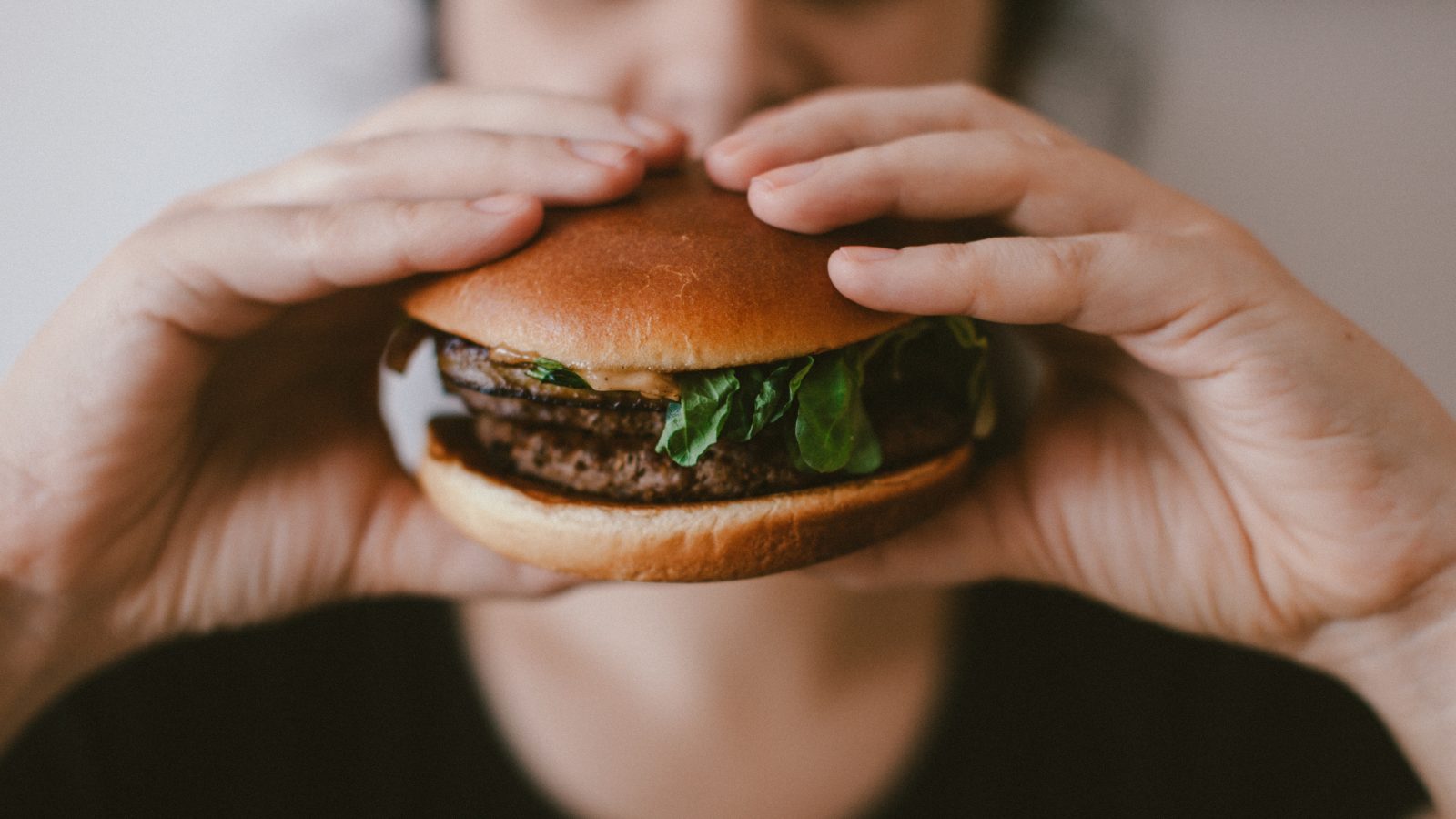Have you found yourself going on and off diets for years, but still struggling with weight concerns? Do you have a tough time “sticking” to your diet for a long time? If so, what you need is to let go of the idea of dieting once and for all.
Sounds ridiculous? It’s not. Because, research shows that while diets work in the short run, they are ineffective in the long run. That’s because they don’t deal with the REAL issues troubling a person: the emotional, psychological and social factors that influence our food choices and our lives. We need to first understand why and how we eat if we truly want to be at a healthy, happy weight. We also need to learn how to listen to our bodies and trust ourselves to eat all foods—even so- called “bad foods” —without overeating them.
All of us eat for many reasons other than hunger. We’re tired, stressed, mad, glad, sad, bored, happy, lonely, celebrating, or simply because it’s “time to eat” —you name it and there’s a reason.
Don’t get me wrong. Food is a wonderful way to bond and connect with loved ones. And sometimes munching some warm chaklis on a rainy afternoon is heaven. Occasional overeating even when we are not hungry is never a problem. In fact, it’s very much a part of normal and healthy eating.
But when eating (or not eating as sometimes may be the case) becomes a way to distract, numb, comfort or punish ourselves, we develop an unhealthy love-hate relationship with food. And this pattern then takes on a life of its own. To make matters worse, we judge and criticise ourselves as weak and/or greedy for the very behaviours we are using to try to soothe ourselves.
Kanika was a client who used to eat too many sweets when she felt anxious. She had tried many diets but had never been able to stick to anything and needed a different approach. “I know what to eat,” she said, “But if I am stressed, I just can’t stop eating anything sweet. I am too weak.”
I told her that what she needed was not a strict diet. Instead, she had to heal her relationship with food and with herself through mindful eating. Mindful eating involves becoming aware of why and how you eat with the intention of feeling nourished and satiated after, regardless of what you eat.
I asked Kanika how much chocolate she would need every day to feel satisfied. “How can I eat it every day? I will become a blimp,” she replied.
“That’s my point.” I said. “If you know you can eat it every day then you won’t overeat it every day. When the mind is told it can’t have something that’s all it wants.”
Moreover, just as eating becomes a way to distract ourselves from our emotions, controlling food through dieting and/or being strict with ourselves also becomes a way to try to avoid emotions. The way to free ourselves from this is to be willing to accept, understand and face our emotions and find alternative non-food ways to respond to them.
With time and practice, Kanika engaged in activities to take her mind off eating—pleasurable things, such as calling a friend, going for a massage, journaling her emotions, saying positive affirmations to manage her underlying anxiety. She soon discovered that her intense cravings for sweets went down and she felt more at ease with herself when she did eat them.
That’s the power of mindful eating. It teaches us to open ourselves to feel and find ways to truly soothe all our emotions so then the joy (as opposed to fear and compulsion) of eating comes back.
While there is no right or wrong way to eating mindfully, here are some helpful first steps:
- Switch off from all distractions (telephone, TV, reading) while eating. This will connect you to your physical sensations of hunger and fullness.
- Eat only at one place in the house, preferably at the dining table.
- Pause and take a few deep breathes before eating.
- Notice, without judgement, your level of hunger, feeling of fullness and quality of emotions that may be present
- Begin to explore and engage in non-food ways to de-stress and relax like exercising, calling a friend, praying, journaling, meditating, taking a massage, doing creative writing, listening to music, dancing, going for plays/movies, yoga and so on.
Mindful eating takes the power out of food and places it back in our hands. As with everything, mindful eating requires practice. But the more we practice it, the more we discover the joy and freedom of being guided by our own inner wisdom to heal and free ourselves and our bodies.
Want to share your story of how you thrive? Write to us at [email protected]


